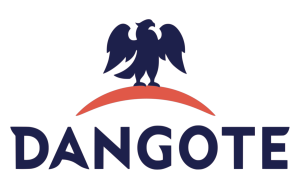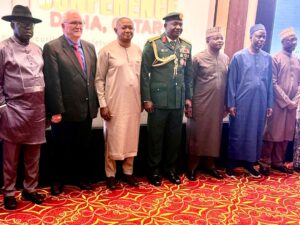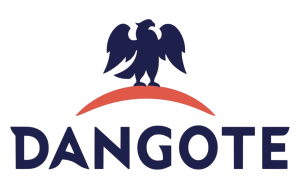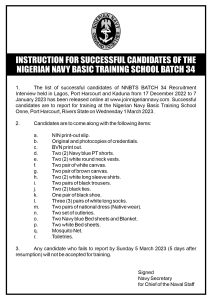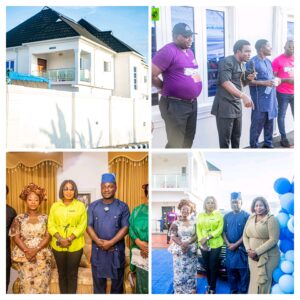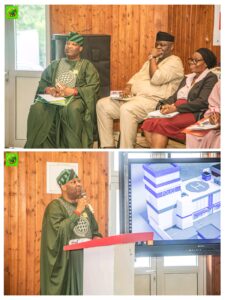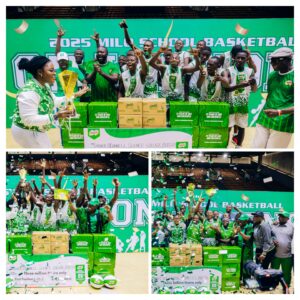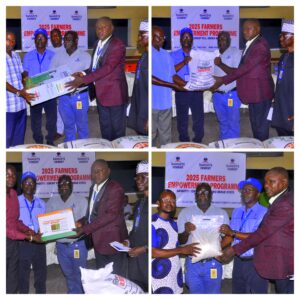PAKISTANI DRUG AGENCY, NDLEA PARLEYS ON ILLICIT DRUGS
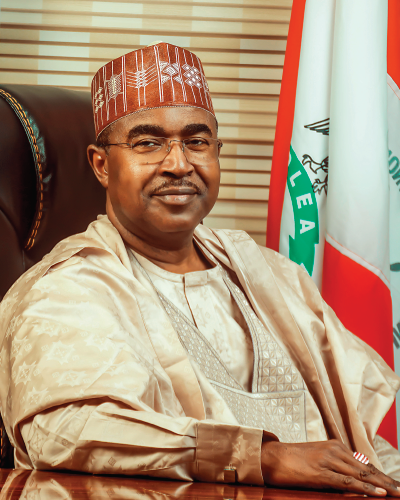
Share this Post
The National Drug Law Enforcement Agency, NDLEA , has held talks with its Pakistani counterparts, Division of Controlled Drugs Regulatory Authority of Pakistan, DRAP, Anti-Narcotics Force, ANF, and Controlled Substances Section, Ministry of Narcotics Control to explore ways of collaboration to restrict channels of trafficking illicit substances between Nigeria and Pakistan.

NDLEA Chairman/Chief Executive, retired Brigadier General Buba Marwa had approved a delegation comprising Joseph Nbona, Director, Prosecution and Legal Services; Gadzama Bashir, Director, Operations and General Investigation; Abdulrahman Adebowale, Head, Data/Digital Intelligence, Directorate of Intelligence and Aminu Jega, Directorate of Seaport Operations, who were joined by Aderemi Afolabi, Deputy Director, Investigation and Enforcement, NAFDAC, for twenty-seventh February meeting in Vienna, Austria.
Acording to NDLEA Director Media and Advocacy, Femi Babafemi, the strategic case meeting, which brought the two countries face to face to discuss their responsibilities, held under the supervision of the International Narcotics Control Board, INCB, focused on improved communication and exchange of real time intelligence using the INCB communication tools, Ion Incident Communication System, IONICS between NDLEA and the Pakistani anti-narcotics agencies.
At the end of the talks, the two delegations adopted important resolutions on how to improve their cooperation and tackle the menace of illicit drug trafficking between both countries especially pharmaceutical opioids like Tramadol.
The Pakistani delegation was composed of Ahmad Din, Director, Division of Controlled Drugs, DRAP; Arif Muhammad, Additional Director, Division of Controlled Drugs, DRAP; Ammar Ali, Director (Anti-Narcotics Force), Regional Directorate, North, ANF; and Syed Ali Bokhari, Section Officer, Controlled Substances Section, Ministry of Narcotics Control.
They expressed commitment to improving operational communication with the NDLEA through existing networks between both countries and by using more frequently the possibilities offered by IONICS, the INCB’s tool of real time communication.




